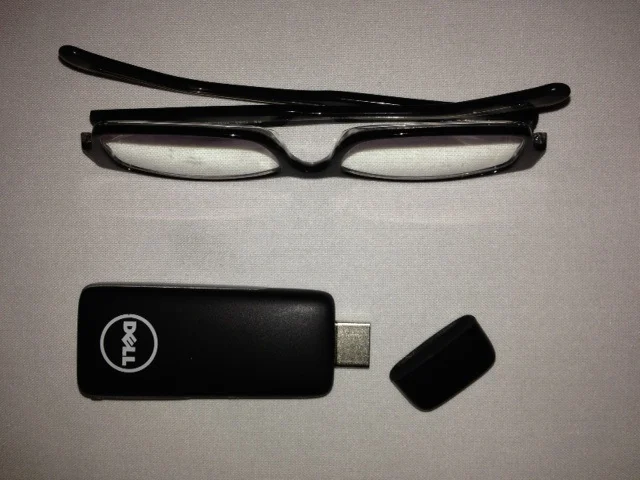It’s certainly no secret that the traditional computer market is slumping. PC sales are on the decline, as shipments of tablets and smartphones continue to increase.
To be sure, many users are shifting their consumption of Internet and other content away from the PC to tablets; meaning they aren’t upgrading aging computers but simply replacing such devices with tablets.

So it comes as little surprise that there has been quite a lot of action in the PC-on-a-stick market as of late. These devices carry a $50-$150 price point, look like a thumb-based flash drive, run Google’s Android operating system (or Linux), and boast RISC-based ARM hardware under the hood.
Interestingly, it seems as if industry heavyweight Dell is ready to embrace the post-PC market with Project Ophelia, which, quite frankly, looks a lot like the popular MK802 Android PC-on-a-stick. Essentially, Project Ophelia can best be described as a small $50 Android-based thin client designed to plug directly into the HDMI port on a TV or display.
The device uses MHL technology to generate the power needed to boot from the HDTV display, although if your TV or computer display lacks that capability, it can also be powered via a USB port.
As expected, Project Ophelia supports both Bluetooth and Wi-Fi, meaning you can easily connect to wireless networks and add various peripherals, like mice and keyboards. The operating system is Android 4.1, yet the device is also loaded with software from Dell’s Wyse division, meaning Project Ophelia will likely support thin client technology – giving it capability similar to that of the Google Chromebook. As such, it seems like Project Ophelia is destined for more than simply streaming video in the living room.
Unfortunately, there is no word on when the device might be ready for market, but we will keep you posted.






